The Fair Trade Commission announced yesterday that several thousand Internet communities and bloggers violated guidelines for online transactions set by the antitrust agency last year.
The FTC provided a set of guidelines for Internet communities and blogs indulging in commerce in January 2012 in response to complaints from consumers and online merchants.
The guidelines included a proviso that the person running the community or blog must clearly state his or her personal identity and set up a board on which consumers can post complaints.
The agency found that 1,121 communities and 1,069 blogs on Naver, the country’s largest portal, didn’t follow the guidelines in its first round of investigations.
On Daum, the second-biggest portal, 879 communities violated the rules. About 2,000 more communities and blogs were found in the second round, and over 300 in the third.
The FTC started to crack down because of consumer and vendor complaints but also as part of the agency’s efforts to cooperate with the new government’s pledge to tap into Korea’s underground economy to raise tax revenues.
The main targets are Web sites that buy things on behalf of consumers.
The sites operate like this: They post a picture of a sample product on a community site or blog with a price set.
Site visitors make orders and send money via online banking. The person who runs the blog purchases the ordered product at a lower price than he set and send the product via the mail.
No exchanges or refunds are allowed.
The blog operators avoid losses from backlogs because they only make purchases after orders are received.
The sites are under fire for affecting small offline merchants.
Kang, a 42-year-old owner of a clothing shop in Dongdaemun, central Seoul, was embarrassed when a customer remarked that the same product in her shop was being sold at a much lower price on blogs.
Kang considered the blogs to be similar to street vendors in the offline world that are not authorized to do business.
“Those blog operators would make profits 40 percent as high as I do, because they don’t need to run shops or to handle backlogs,” Kang said.
“Those that were found to be violating the guidelines for three times will be ordered by the FTC to remove blog posts, and the agency will limit consumers from accessing the blogs,” the FTC said in a statement.
By Song Su-hyun [ssh@joongang.co.kr]
|
|
||||||||




